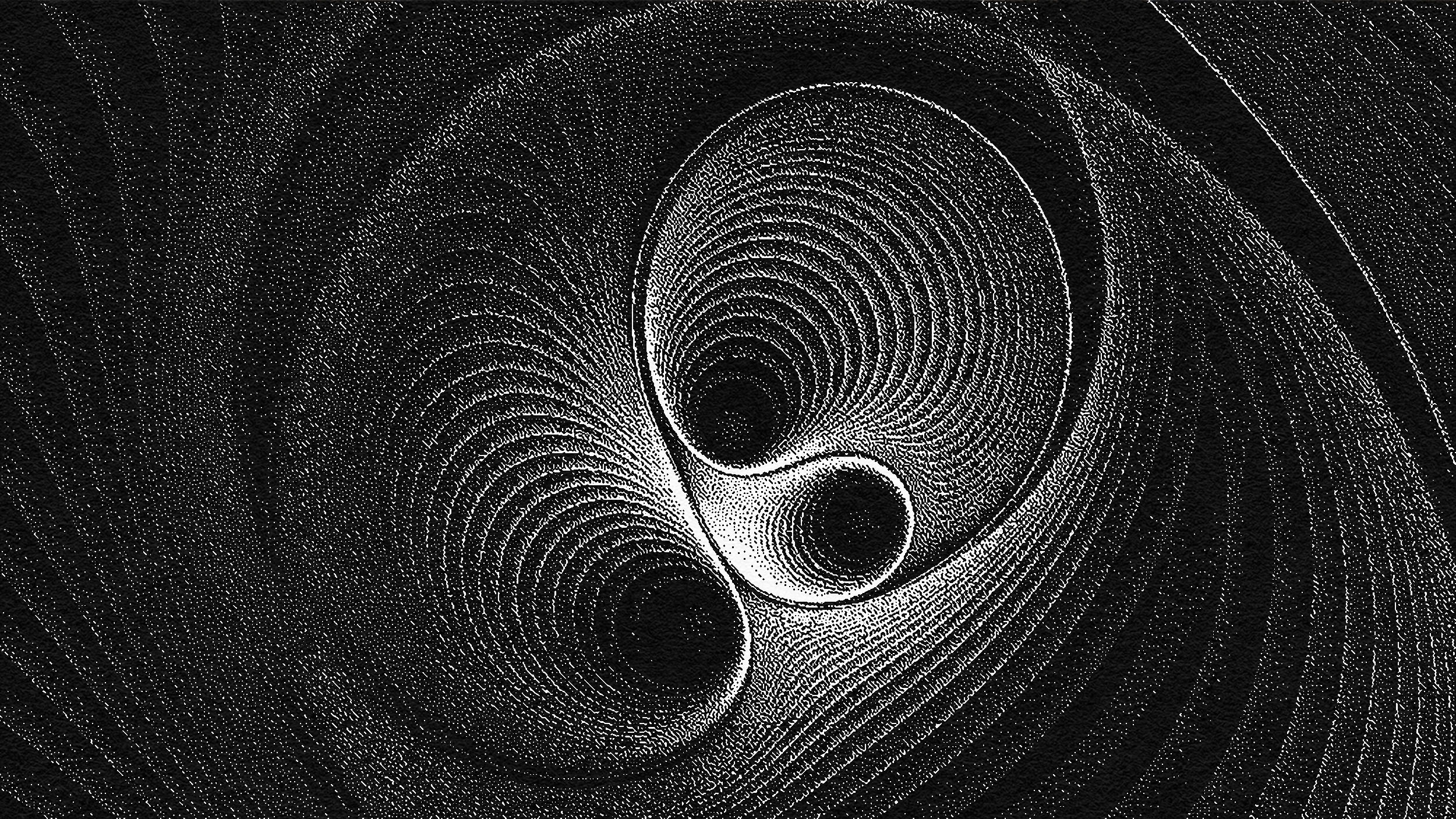A haiku is like smashing an atom.
Billy Collins: I think it’s probably a matter of value . . . valuing attention. Valuing paying attention and valuing the moment, and realizing that the present is the most elusive of all. You know, you can stabilize the past because “there it is”. Or you can at least stabilize a set of memories and call it the past. You can stabilize the future in that even though you can’t know it, you can project a future and you can dream about it. Or you can just think of it as an object of curiosity. But the present is always disappearing. And there are ways to slow down this flood of time through just a kind of little meditation or juststopping and looking. I think that’s the thing I value, and that’s what I probably am in that state a half percent of the time; but the poetry tries to get into that; a lot of it does, anyway . . . tries to get into that state and arrest one of those moments.
I have this kind of crackpot analogy which is this is old atomic theory. But if you took an atom and you smash it, you know . . . Matter is composed of atoms and you smashed one and it releases this staggering amount of energy. Time is composed not of atoms, but of moments. And if you smash a moment, there’s also this amazing release. And the way you smash a moment is not with a cyclotron, but through attention. You smash a moment by fixing it in your mind. And I think a lot of poetry. Haiku is a good example. Most little haiku poems are just interested in isolating a moment; but that moment becomes a tiny thing. And suddenly it becomes everything at once. That’s powerful.
July 4, 2007






